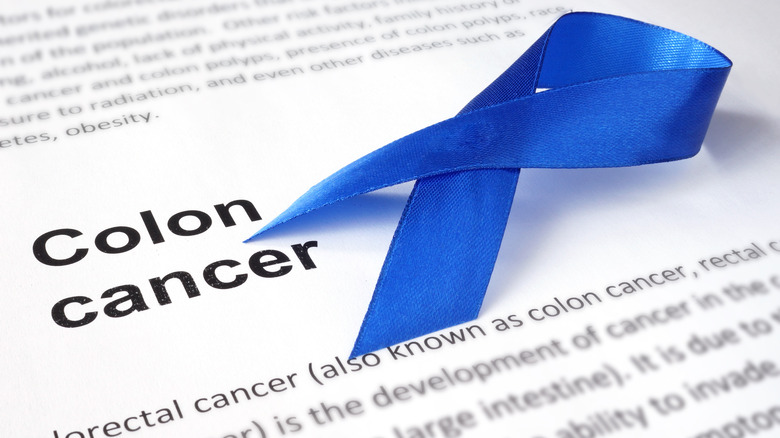2 New Large-Scale Studies Reinforce The Risks Of Regularly Consuming Ultra-Processed Foods
Sodas, margarine, sweetened breakfast cereals, and ready-to-go frozen food items are among numerous products sold in stores that fall under the category of ultra-processed foods, according to a 2022 scientific analysis published in The British Medical Journal (BMJ). Ultra-processed foods are reconstructed whole food items that have been chemically altered and boosted with additives. Although advertised as affordable, convenient, and tasty, findings from two new large-scale studies showed connections between these food items and the development of various health conditions and premature death (per CNN).
One of the studies, deemed The Moli-Sani Study, recruited over 24,000 participants in Italy over the course of five years (via JPND Research). Of the 22,895 individuals who completed the study, 2,205 deaths were reported during a years-long follow-up period (via The BMJ). In examining how ultra-processed foods may influence mortality risk, researchers found that ultra-processed foods played a predominant role in deaths related to unbalanced diets.
Commenting on the significance of their findings, the first study author, Marialaura Bonaccio, told CNN, "This suggests that the increased risk of mortality is not due directly (or exclusively) to the poor nutritional quality of some products, but rather to the fact that these foods are mostly ultraprocessed."
The potential relationship between ultra-processed foods and colorectal cancer risk
The second longitudinal study, published in the British Medical Journal (BMJ), indicated a potential link between the consumption of ultra-processed foods and the development of colorectal cancer. Researchers followed the eating habits of more than 200,000 American men and women for nearly 30 years, reports CNN. Over the average 24 to 28-year follow-up period, 1,294 men and 1,922 women developed cases of colorectal cancer, as per the research. Study findings showed that men who consumed greater amounts of ultra-processed foods had a 29% higher risk for developing distal colon cancer in comparison to men who ate the least amounts of ultra-processed food items. However, this relationship did not prove true for women.
Offering a possible explanation for their findings, co-senior author of the study, Fang Fang Zhang, told CNN, "Reasons for such a sex difference are still unknown, but may involve the different roles that obesity, sex hormones, and metabolic hormones play in men versus women."
The American Cancer Society offers alternate dietary suggestions to help lower one's risk for colorectal cancer. In lieu of processed meats, such as hot dogs, experts encourage regular consumption of fruits, veggies, and whole grains. Such food items may help protect against the development of colon or rectal cancer.


